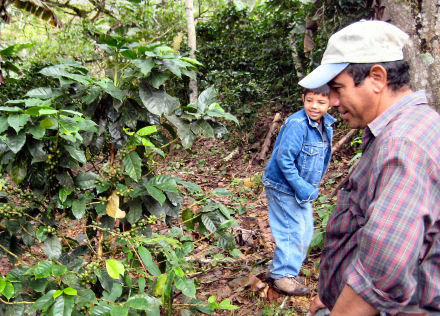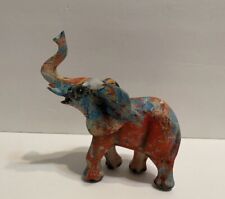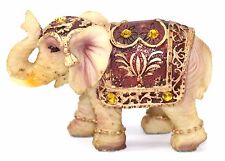
African elephants are being slaughtered for their ivory at a pace unseen since an international ban on the ivory trade took effect in 1989, says a researcher from the University of Washington (UW). But the public outcry that resulted in that ban is absent today, says Samuel Wasser, a UW biology professor.
The elephant death rate from poaching throughout Africa is about 8 percent a year based on recent studies, which is actually higher than the 7.4 percent annual death rate that led to the international ivory trade ban nearly 20 years ago, explains Wasser, adding that the poaching death rate in the late 1980s was based on a population that numbered more than 1 million. Today the total African elephant population is less than 470,000.
“If the trend continues, there won’t be any elephants except in fenced areas with a lot of enforcement to protect them,” said Wasser. He is lead author of a paper in Conservation Biology that suggests elephants are on a course that could mean most remaining large groups will be extinct by 2020 unless renewed public pressure brings about heightened enforcement.
“The situation is worse than ever before and the public is unaware,” Wasser said, “It’s very serious because elephants are an incredibly important species. They keep habitats open so other species that depend on such ecosystems can use them. Without elephants, there will be major habitat changes, with negative effects on the many species that depend on the lost habitat. Elephants also are a major part of ecotourism, which is an important source of hard currency for many African countries.”
The illegal ivory trade is being carried out mostly by large crime syndicates, Wasser believes, and is being driven by growing markets in China and Japan, where ivory is in demand for carvings. In addition, in the last few years demand has risen sharply in the United States, where much of the ivory is used to make knife handles and gun grips. But the illegal ivory trade has gotten relatively low priority from prosecutors, and new laws promoting global trade have created “a policing nightmare,” Wasser says, which makes ivory poaching a high-profit, low-risk endeavor.
The only way to curb the trade, Wasser believes, is to focus enforcement in areas where the ivory comes from in the first place, before it enters the complex, global crime trade network.
Related:
Elephants Join Cognitive Elite
Endangered Species Get A Lift From Viagra
Species Extinction Threat Vastly Underestimated
Global Extinction Crisis Poorly Understood


















Comments are closed.